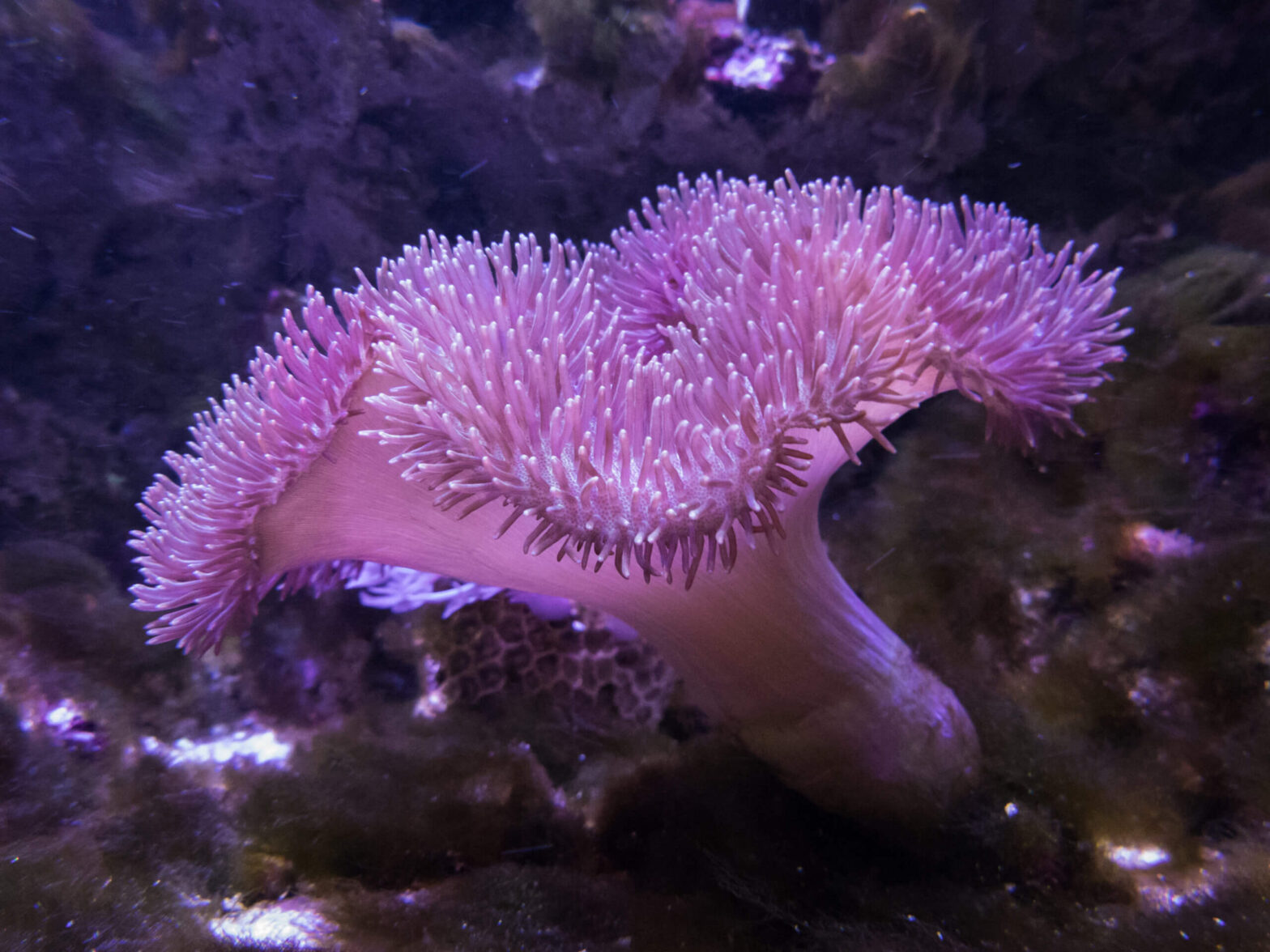Governments meet at the International Seabed Authority (ISA) to decide fate of the deep-sea
Since Monday, the 10th of July, countries have continued their deliberations at the International Seabed Authority (ISA) in Kingston, Jamaica, on the potential approval of the controversial practice of deep-sea mining. The meeting of the Council, which is made up of 36 States, concludes on July 21st. Subsequently, the Assembly, the supreme body of the ISA comprised of all 168 State parties (and the European Union) to the United Nation Convention on the Law of the Seas (UNCLOS), is meeting from 24th to the 28th of July where all ISA members can adopt general policies relevant to what is considered per definition as “common heritage of humankind” – the deep-sea.
Subject of intense debate is the so called “two-year-rule”, triggered by the Republic of Nauru in 2021, putting pressure on States to either finalise and adopt regulations for deep-sea mining within 24 months or consider provisionally approving mining applications. This period has come to an end and the eyes are on the ISA in how to deal with the situation.
There is a serious risk that a fateful decision is made by the ISA that would open the international seabed – a global commons – to a harmful and speculative new extractive industry: deep-sea mining. OceanCare continuous to remain extremely concerned about the irreversible damage that is done by industrial explorative and exploitative activities which pose an immense risk to fragile ecosystems, including the catastrophic environmental impacts that deep-sea mining could cause.
It can indeed happen that deep-sea mining moves forward, despite the absence of clear scientific understanding over the impacts of deep-sea mining and without the proper rules in place. This will give way to the industrial exploitation of the deep-sea, considered the largest source of species and ecosystem diversity on Earth, with potentially millions of undiscovered species.
“We still know very little about deep-sea ecosystems but what is known gives reason for the greatest caution. Authorising deep-sea mining operations without being able to quantify its environmental impacts would lead to dramatic loss of biodiversity and to irreversible environmental damage, including the extinction of species, habitat destruction, sediment storms, wastewater disposal, noise and light pollution” says Nicolas Entrup, Director International Relations at OceanCare, adding that “this destructive activity would harm deep-sea ecosystems and the livelihoods of those dependent on a healthy ocean for generations to come”.
OceanCare however remains optimistic that it is not too late and continues to advocate for the application of the precautionary principle, calling on governments to support a moratorium on deep-sea mining. There is fortunately a growing number of States, including most recently Switzerland, Brasil, Canada, Finland, Ireland and Portugal, that have come out against deep-sea mining under the current circumstances. This sentiment is echoed by strong voices from the science world and the fishing industry. World leading companies, such as BMW, Volkswagen, and Volvo, hence those companies that are dependent on raw material for the green transition, have likewise supported the call for a moratorium.
Governments must commit to the application of the precautionary principle and support a general policy for the effective protection of the marine environment. The approval of deep-sea mining would moreover run counter to the commitments made in the Kunming-Montreal Global Biodiversity Framework, as well as the recently agreed UN Agreement on Marine Biodiversity Beyond National Jurisdiction (BBNJ).
In the absence of regulations, comprehensive scientific understanding of deep-sea ecosystems and guarantees that deep-sea mining will not cause harm to the marine environment, deep-sea mining should not be allowed to move forward.
“We cannot have governments destroying the deep-sea when they have at the same time adopted decisions and commitments for the protection of marine biodiversity in international waters and beyond aimed at making the ocean more resilient to the climate crisis” says Entrup. “The deep sea is the last frontier – we must not repeat the irreversible errors made on land in the most vulnerable and least unknown ecosystems on our planet”.
Further information
- Governments meet at the International Seabed Authority (ISA) to decide fate of the deep-sea: https://www.oceancare.org/en/stories_and_news/isa-fate-of-the-deep-sea/
- See OceanCare’s report “Deep-Sea Mining: A noisy affair”, available at: https://www.oceancare.org/wp-content/uploads/2021/12/Deep-Sea-Mining_A-noisy-affair_Report-OceanCare_2021.pdf
